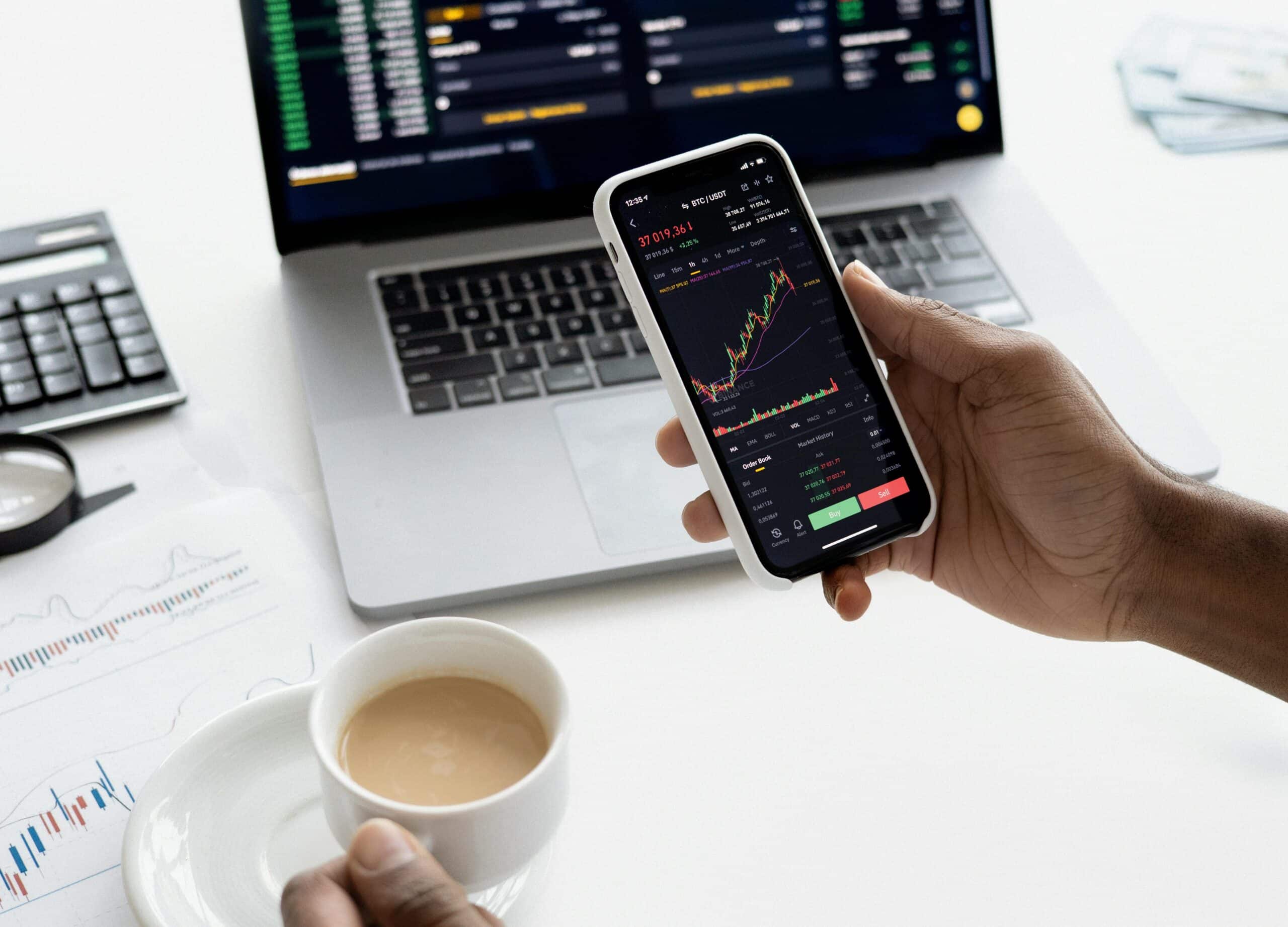GLOBIS is having a full-circle moment – or, more accurately, an around-the-world moment – as it returns to the land of its original inspiration, though due West about 3,000 miles.
Renowned Japanese executive, educator, and venture capitalist Yoshito Hori, a graduate of Harvard Business School, was sitting on the banks of the Charles River in Boston when he doodled three overlapping circles with a word inside each: people, capital, and knowledge. And thus, the core of the GLOBIS ecosystem was born and three decades later, they are still the organization’s vision and guiding principles.
Hori — now President and Founder of GLOBIS Corp., President of GLOBIS University , and CEO and Managing Partner of GLOBIS Capital Partners — left his steady job at a large Japanese company not long after returning to Japan.
“When I was at Harvard, I was very impressed with the graduate-level business education we received and I was able to build a network with other students and develop the concept of what I wanted to do in the future,” he says. “I thought, ‘I should bring this type of program back to Japan and create a business school from scratch.’ I was 29 when I graduated, and I turned 30 when I opened GLOBIS with only $8,000. I used my apartment as an office, and I rented out a classroom. We had 20 students.”
This was in 1992. Since then, it’s been one major milestone after another. GLOBIS is now the top business school in Japan and Asia, by number of enrollees. It gained university status in 2006 — there are hubs in Singapore, China, Thailand and now San Francisco with the launch of GLOBIS USA in April 2021.
“We enroll more than 1,000 students per year,” Hori says. “We allow full time, part time and online learning. We went online in 2015 and began English MBA courses in 2016, so before COVID. Everything was already being done online so we were well-prepared for COVID.”
On a parallel path with the growth of the university was Hori’s other enterprise, GLOBIS Capital Partners (GCP), which was started in 1996 as the GLOBIS Incubation Fund . Considered the first “hands-on” venture capital firm in Japan at the time, Hori again centered on people, capital, and knowledge. It stands to reason that if you’re going to train people and provide them an in-depth business-management education (knowledge), then why not infuse capital into the companies they may be launching?
The original incubation fund invested in 13 companies with a JPY540 million fund and “provided management support from various aspects of venture development and led six of them to IPOs. Through GIF investments, GLOBIS established the foundation as a hands-on venture capital,” Hori says. Today, GCP has more than 150 businesses in its portfolio and as of 2020, 36 successful IPOs and 18 M&As.
To date, more than 170,000 students have completed GLOBIS courses, and nearly 2 million people have participated in corporate training. GCP is a leading venture capital fund in Japan with total assets under management (AUM) of over $1.1 billion.
Graduation Day at GLOBIS U “We have one of the top tier venture capital firms and because we have one of the top business schools,” Hori says. “It’s not too much to say there is an eco-system being built around them. Many of our students have founded businesses and many of them are public already.”
Because GLOBIS University’s Japanese-language MBA has existed longer than the English MBA, it is still the more dominant degree but as the English MBA graduate numbers increase, both the university and GCP has their sights set on global expansion.
“The Bay Area is a natural choice for a location, as we have many companies coming into the U.S. to operate,” Hori says. “GCP is open to invest in any industries – anything that grows.”
The move to the U.S. was in the works prior to COVID and though they had some delays due to the pandemic, the overall timeline wasn’t thrown off too much. It took about two years from inception to launch. The previous Dean of the English MBA programs for GLOBIS University, Tomoya Nakamura, was selected as President of GLOBIS USA.
“We’ve been the No. 1 business school in Asia but now we’re ready to be the No. 1 business school in the world, in the Technovate Era,” Hori says. “The same way media has evolved, moving from ABC, CBS, etc. but now it’s YouTube, Netflix and all manner of streaming. The technology changed the industry and the same thing will happen to education. Harvard has been the ‘champion’ for years, but the next champion could be GLOBIS. That’s what we’re aiming for, we want to become the champion of the next era, we call it the ‘technovate’ era and that’s why we’ve come to the U.S.”
Technovate is a term Hori coined when he developed the GLOBIS MBA. “Technovate is a word I created that means technology + innovation and we have it trademarked. I created it for our new MBA, which should have a unique name. We provide 10 specific courses in things such as AI for the Technovate curriculum.”
In addition to people, capital, and knowledge, GLOBIS puts the Japanese concept of kokorozashi at its cornerstone. There is no direct-English translation, but Nakamura describes it as, “A personal mission that unifies passion and skill to create positive change in society. Or when, doing what you love, what society needs and what you good at, overlap to reveal your kokorozashi.”
GLOBIS trains its leaders to develop confidence and motivation to innovate in their companies, countries, and the world. They are infusing these concepts into the companies they launch and run.
Two of GCP’s success-story companies U.S. consumers should be familiar with are SmartNews – an app that allows users to get news from a variety of sources in one place. Another is Mercari , the first Japanese company to gain “unicorn” status, hitting $1 billion in value in 2016. Its main product is a global peer-to-peer marketplace app similar to eBay, that surpassed 100 million downloads in 2017.
Additionally, GCP has a partnership with one of the pioneers of venture capital, Alan Patricof, author of “No Red Lights” and founder of Apax Partners, one of the world’s largest private equity firms, who will be doing a seminar for GLOBIS in July.
If this track record continues, GLOBIS could very likely become the global champion of business education and venture capital the founder is aiming for.




